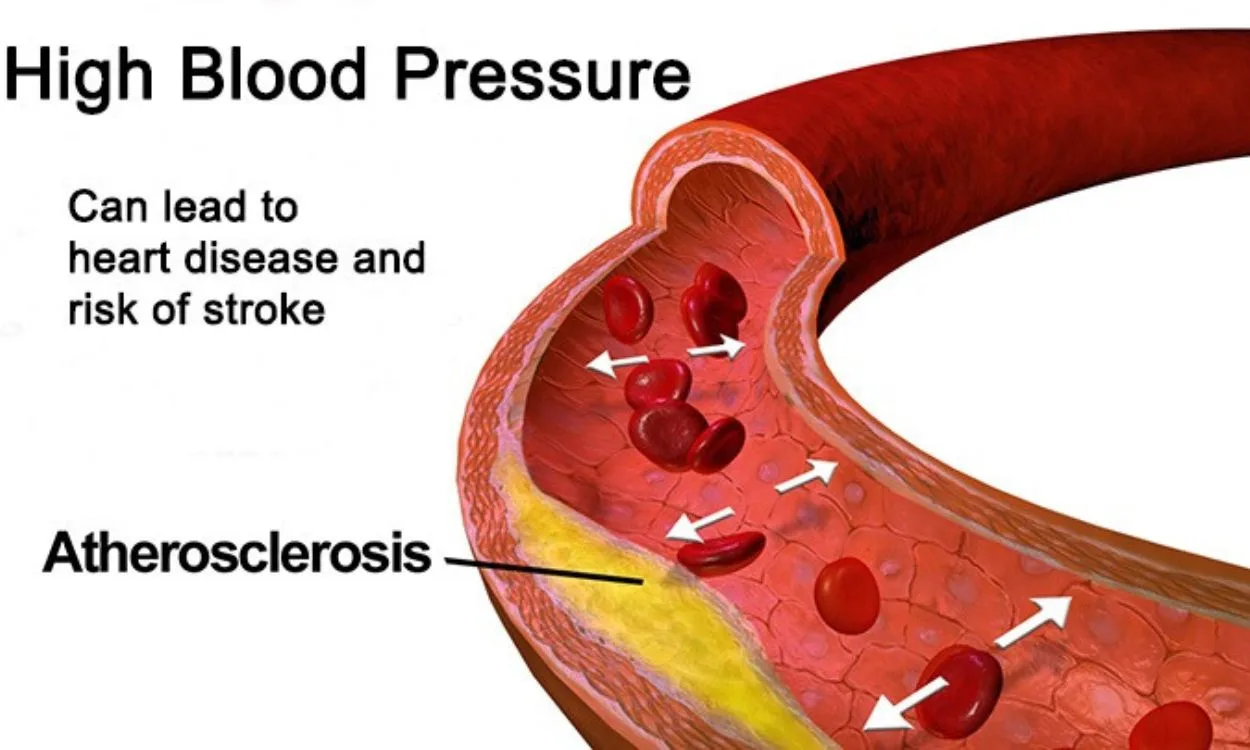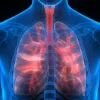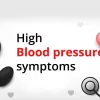How is High Blood Pressure Related to Heart Health?
High blood pressure, also known as hypertension, is a common health condition that affects a significant portion of the Indian population. It is a condition where the force of blood against the walls of the arteries is consistently too high. While it may seem like a minor issue, high blood pressure can have a severe impact on heart health if left uncontrolled.
Here’s a detailed explanation of how high blood pressure is related to heart health:
- Increased Strain on the Heart: When blood pressure is high, the heart has to work harder to pump blood throughout the body. The increased force required to push blood against narrowed arteries puts extra strain on the heart, leading to an enlarged or weakened heart muscle.
- Risk of Heart Attack: High blood pressure damages the inner lining of the arteries, causing them to become narrow and stiff. This increases the risk of blood clots forming, which can block blood flow to the heart and cause a heart attack.
- Heart Failure: Over time, the strain of pumping against high blood pressure can weaken the heart muscle, leading to heart failure. Heart failure occurs when the heart is unable to pump enough blood to meet the body’s needs, causing symptoms such as fatigue, shortness of breath, and fluid retention.
- Atherosclerosis: High blood pressure contributes to the development of atherosclerosis, a condition where fatty deposits (plaques) build up in the arteries, restricting blood flow. This can lead to coronary artery disease, a major cause of heart attacks and other heart-related problems.
- Stroke: Uncontrolled high blood pressure can damage blood vessels in the brain, increasing the risk of stroke. A stroke occurs when blood flow to the brain is interrupted, leading to brain damage. Both hemorrhagic (caused by a burst blood vessel) and ischemic (caused by a blood clot) strokes can be triggered by high blood pressure.
- Kidney Disease: The kidneys play a crucial role in maintaining blood pressure within a healthy range. However, high blood pressure can damage the blood vessels in the kidneys, impairing their function. Eventually, this can lead to kidney disease or kidney failure.
- Peripheral Artery Disease: High blood pressure can also affect blood vessels in other parts of the body, such as the legs, arms, and pelvis. When these arteries become narrow or blocked, it can cause peripheral artery disease, leading to pain, numbness, and difficulty walking.
Managing high blood pressure is crucial for maintaining heart health and reducing the risk of associated complications. Lifestyle changes such as adopting a healthy diet, regular exercise, maintaining a healthy weight, limiting alcohol consumption, and reducing sodium intake can help lower blood pressure. In some cases, medication may also be prescribed by a healthcare professional to control blood pressure effectively.
Now, if you’re looking for a comprehensive solution to monitor and manage your blood pressure, along with other aspects of your health and fitness, the Fitpaa app can be a valuable tool. It provides personalized fitness plans, nutrition guidance, and real-time monitoring to help you achieve your health and fitness goals. By optimizing your metabolism and incorporating the latest research in lifestyle medicine, Fitpaa aims to strengthen your overall health and reduce the risk of complications related to high blood pressure.
Don’t wait any longer to take control of your heart health. Download the Fitpaa app today and start your journey towards a healthier and happier life!









